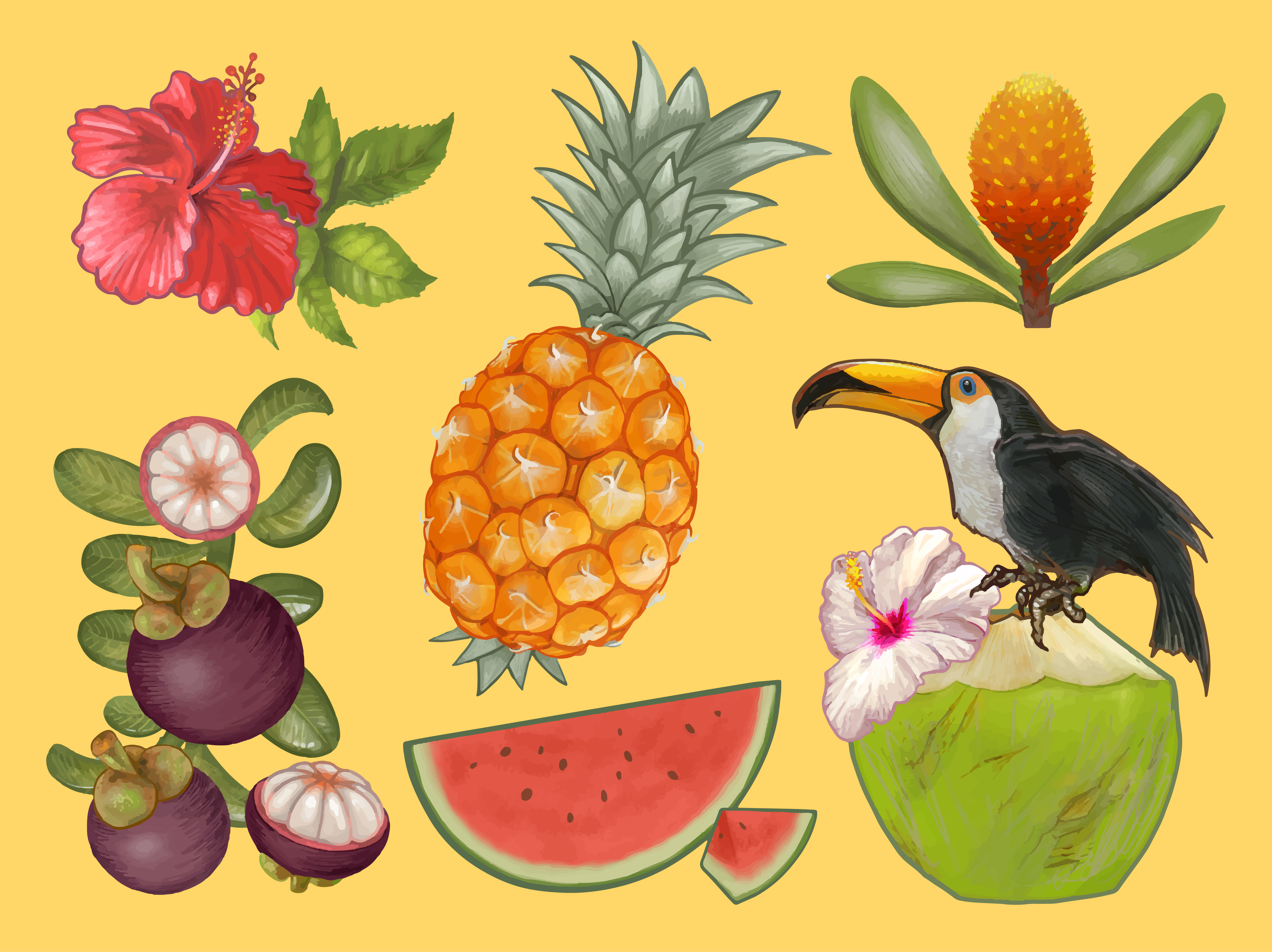When Your Normal Becomes Exotic - A Malaysian's Perspective
I grew up in Malaysia, a land of eternal summer. Our calendar wasn’t marked by seasons but by festivals, rain patterns, and fruit harvests. Durian season. Rambutan season. Mangosteen season. These were our markers of time passing. As a child, I’d flip through textbooks showing children in faraway lands building snowmen and jumping into piles of autumn leaves. I’d stare at those images with wonder, trying to imagine what snow felt like between my fingers. How strange it must be to live somewhere that transforms completely every few months! The concept of needing different wardrobes for different parts of the year seemed like something from science fiction.
The Moment of Realization
When I moved to Europe, I experienced a fascinating shift in perspective about what “exotic” really means. While exploring a local supermarket, I came across papaya labeled as an “exotic fruit.” This simple moment stopped me in my tracks.
Papaya—the fruit that grew abundantly back home, that we’d eat casually for breakfast or as a quick snack. Here it was presented as something special, something unusual. It wasn’t rambutan or mangosteen (which I couldn’t find at all), but even seeing familiar papaya categorized this way made me think. I remembered how my grandfather would regularly bring home duku langsat after his morning walks, the sweet-tart fruits piled high in plastic bags. We’d gather around, peeling the thin skins and enjoying them without ceremony—just an ordinary family moment with an ordinary fruit.
Seeing Through Different Lenses
The realization that “exotic” is simply a matter of perspective opened my eyes to how we all view the world differently based on our experiences. What’s everyday to me might be extraordinary to someone else, and vice versa. Back home, the scent of jackfruit or durian in the air, the sound of coconuts being opened with practiced precision, and the sight of tropical fruit trees in neighborhood gardens were just background elements of daily life. Nothing special—just home.
Similarly, what I found fascinating in Europe—the changing seasons, certain architectural styles, or cultural traditions—were simply ordinary parts of life for locals. Neither perspective was more correct or valuable than the other; they were just different lenses through which to view the world. This understanding helped me appreciate both the familiar elements of Malaysian life I’d taken for granted and the new experiences Europe offered. Each place has its own beauty, neither more exotic than the other in any absolute sense—just different relative to one’s own baseline of “normal”.
Finding Beauty in Different Perspectives
This shift in thinking has enriched my worldview. When I visit Malaysia now, I pay more attention to details I once overlooked. I notice the precise way vendors stack duku langsat in neat piles. I appreciate the complex sweetness of properly ripened papaya. I take time to enjoy the warm evening air scented with pandan. “Exotic” isn’t an inherent quality—it’s simply what falls outside our normal experience. What’s everyday to you might be fascinating to someone else, and what seems mundane to others might be what you find most interesting.
This understanding offers a beautiful invitation: to appreciate both the familiar and the unfamiliar, to see value in different cultural experiences, and to recognize how our diverse perspectives enrich our shared human experience.
Have you ever had a moment where you realized your “normal” was someone else’s “exotic”? Or found yourself fascinated by something others considered ordinary? I’d love to hear your stories.
